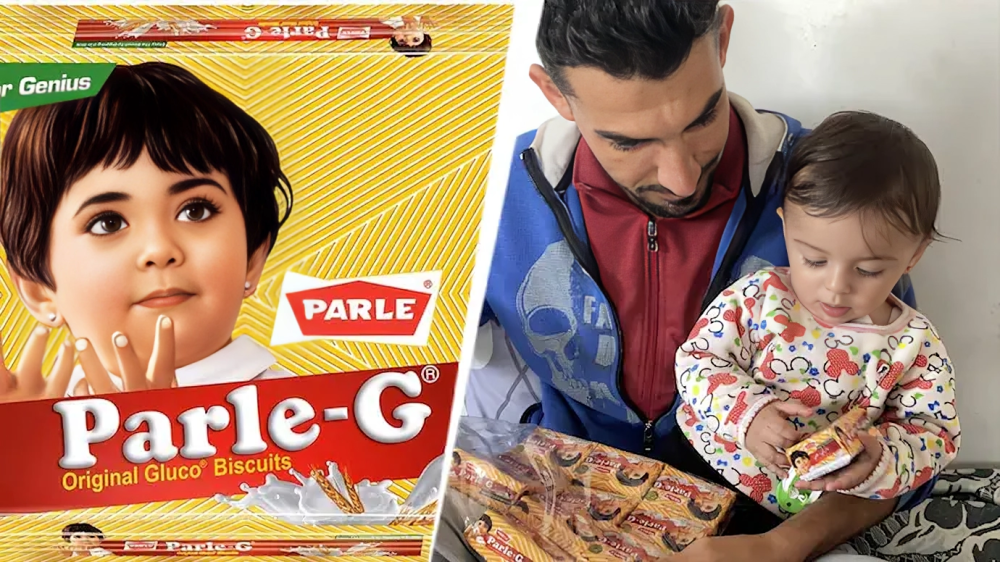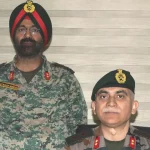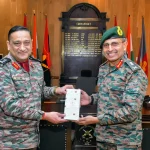A ₹5 packet of Parle-G, India’s most iconic and affordable biscuit, is being sold for a staggering ₹2,400 in Gaza. This isn’t just a tale of hyperinflation—it’s a chilling reflection of siege, scarcity, and survival under war.
A Biscuit Turned Luxury
Parle-G, launched in 1938, has long been a staple in Indian households—cheap, reliable, and universally loved. But in Gaza, this everyday snack has turned into a luxury item, its price inflated nearly 500 times over. Its presence in local markets tells a grim story of isolation, desperation, and economic collapse.
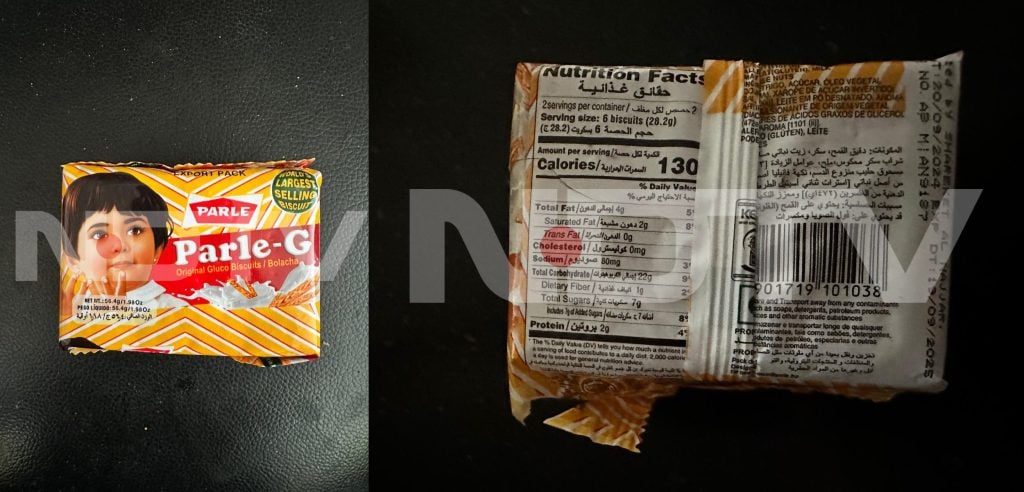
Gaza: A Humanitarian Emergency
Since the Israel–Hamas conflict reignited in October 2023, and especially after a near-total blockade began in March 2025, Gaza has spiraled into a devastating humanitarian crisis. Over two million people are trapped with dwindling supplies of food, medicine, fuel, and clean water.
The World Health Organization has warned of an imminent famine. Children are dying from malnutrition, and more than half a million people are facing catastrophic hunger. Electricity is scarce, healthcare has collapsed, and humanitarian aid is either blocked or looted.
Why ₹2,400 for a ₹5 Biscuit?
The astronomical price—approximately 100 Israeli shekels or approximately ₹2,400 —is a result of extreme scarcity and black-market exploitation. With Gaza’s borders sealed, commercial imports have vanished. What little enters—either via sporadic humanitarian convoys or underground smuggling—is quickly snapped up and resold at unbearable prices.
An NDTV report recounted how a father paid over ₹2,300 for a single Parle-G packet to comfort his child. Other essentials are equally expensive:
- 1 kg sugar: ₹4,914
- 1 litre cooking oil: ₹4,177
- 1 kg onions: ₹4,423
The Palestinian Consumer Price Index for April 2025 recorded a 91.61% rise in prices, with many food items doubling within a month.
The Symbolism of Parle-G
For many in India, Parle-G represents comfort and childhood memories. In Gaza, it now stands for resilience and a yearning for normalcy. Social media is filled with heart-wrenching stories of parents spending their last savings just to give their children a familiar taste of happiness.
What is ordinary in India has become extraordinary in Gaza.
India–Palestine Ties: A Humanitarian Bridge
India has historically supported the Palestinian cause—diplomatically, politically, and through humanitarian efforts. Products like Parle-G often reach Gaza via Egypt’s Rafah crossing as part of aid shipments. But in the current blockade, even such aid is rare. Many Indian-made goods that do enter either never reach civilians or are sold at exploitative prices.
Despite efforts by Indian NGOs and diaspora groups, aid access remains dangerously limited.
Siege Economy: Smuggling and Survival
With Gaza’s supply lines severed, an underground economy has taken root. Smuggled goods, stolen aid, and exorbitant resales define the siege economy. Essentials like baby formula, milk, medicine, and wheat flour have become unaffordable, pushing families to take desperate measures. A simple biscuit has become both a comfort and a currency.

Voices from a Starving Population
Testimonies from Gaza are sobering. Aid workers speak of children fainting from hunger, soup kitchens overrun, and parents boiling weeds to feed their families. In this environment, buying a ₹2,400 biscuit is not extravagance—it’s defiance against despair
The Broader Picture: War and the Price of Normalcy
Gaza is not alone. In war-torn regions like Syria, Yemen, and Sudan, everyday goods have become unaffordable symbols of survival. War doesn’t just destroy cities—it warps economies, erases dignity, and makes the simple act of eating a biscuit an unaffordable dream.
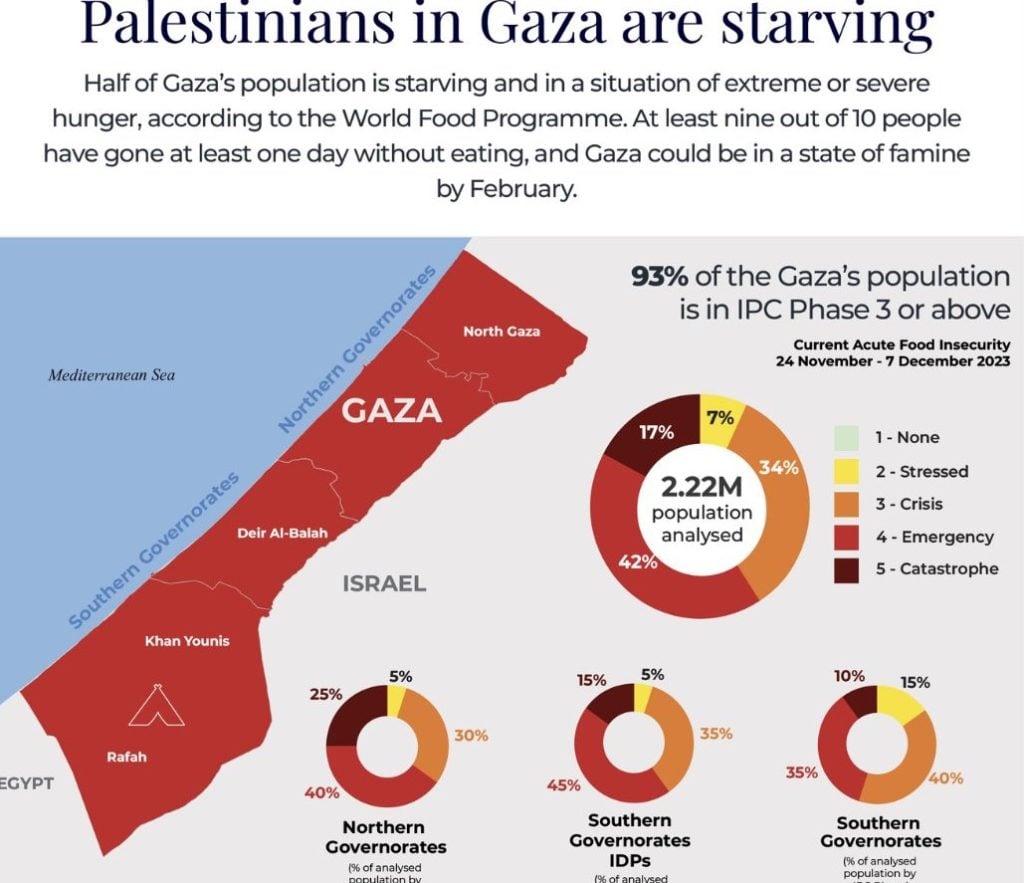
Conclusion: A Biscuit as a Barometer of Crisis
Parle-G was once known for its slogan, “G for Genius.” In Gaza, it now stands for grit, grief, and the fragile hope that one day, peace will return, and a biscuit will once again be just a biscuit.
Its ₹2,400 price is not merely economic—it is a humanitarian red flag, a cry for open borders, sustained aid, and most importantly, a lasting ceasefire.

